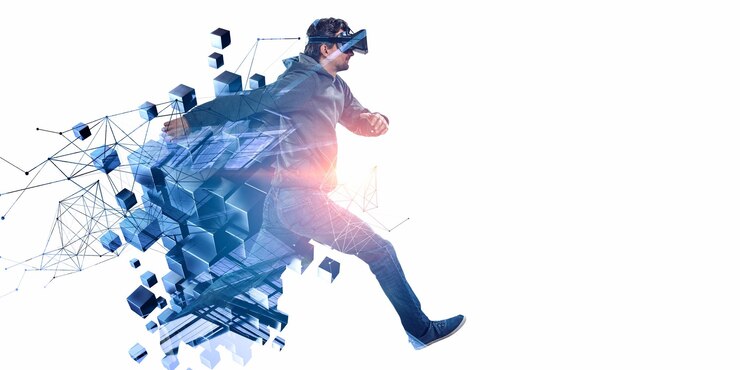AI Agents Are Replacing Apps: What This Means for Developers in 2025
Introduction
In 2025, the way we interact with software is rapidly shifting. Traditional apps are being replaced—or heavily augmented—by autonomous AI agents that perform tasks on behalf of users. From scheduling meetings to managing entire workflows, AI agents are becoming the new user interface of the digital world.
The Rise of AI Agents
AI agents are intelligent systems trained to understand user intent and take actions independently. They don’t just respond—they decide.
Examples in 2025:
- OpenAI’s GPT agents that handle customer support or manage CRM tools.
- Meta AI’s business assistant for automating internal operations.
- Google Bard-powered agents integrated into Gmail, Calendar, and Docs.
These systems are capable of:
- Running apps in the background
- Learning from user behavior
- Connecting APIs and tools without human input
What This Means for Developers
This new era is changing the developer’s role from app creator to AI behavior designer. Rather than building full front-ends, devs now design actions, workflows, and data streams that agents tap into.
Key Developer Shifts:
- Prompt Engineering and Agent Training are new skillsets.
- APIs must now be agent-ready—self-documented, standardized, and modular.
- Security is paramount: agents making autonomous decisions need sandboxing.
Should We Say Goodbye to Apps?
Not entirely. But in many cases, users no longer care about the interface—they want results. Apps that don’t integrate with AI agents may see declining usage.
Conclusion
In 2025, apps are no longer the final product. They’re becoming resources that AI agents use to get things done. Developers and startups that adapt to this agent-first world will stay ahead of the curve.


